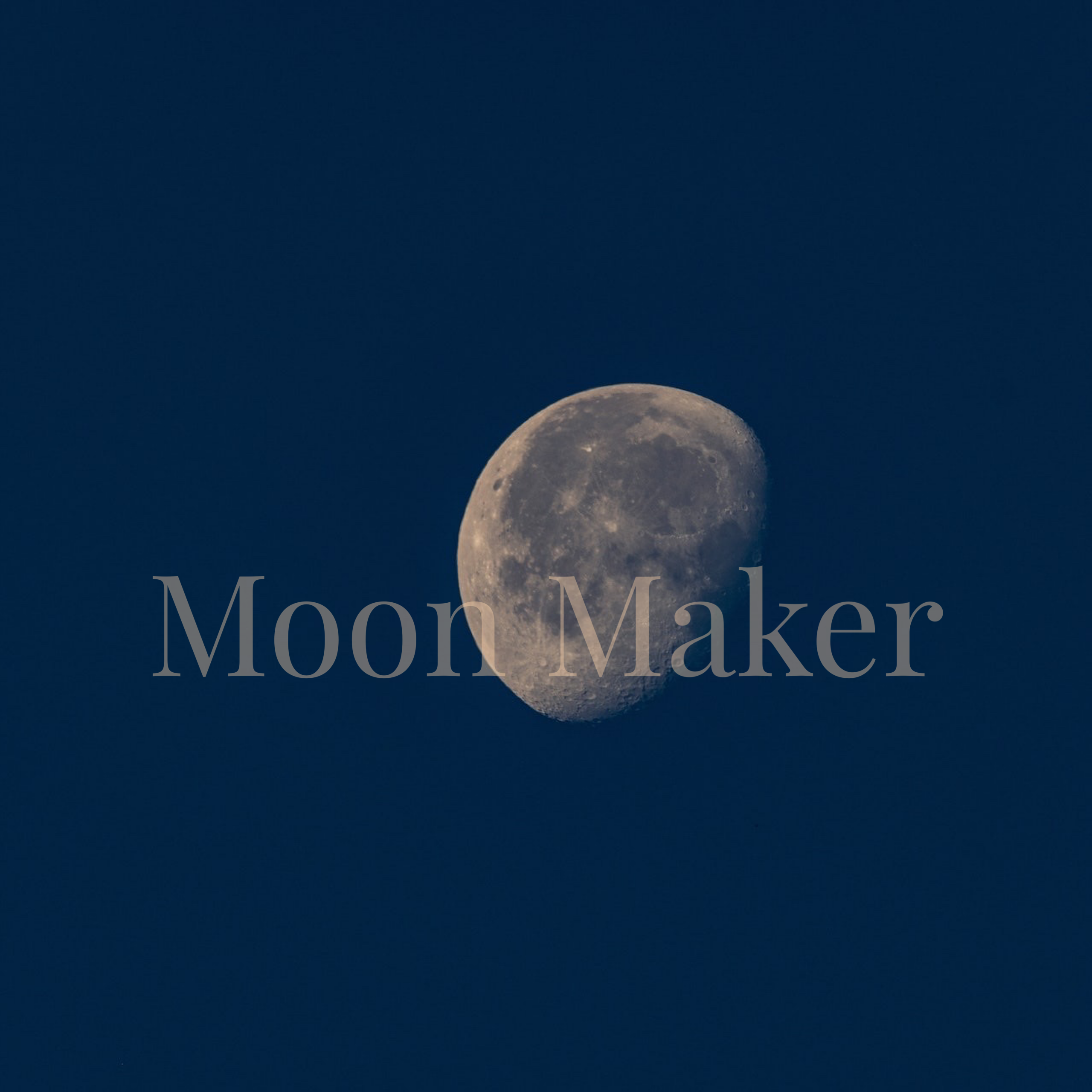I feel so sad right now; so worn down and useless, and for the past three hours, I’ve been sitting in my own depression without the ability to see a reason or a way out. Not necessarily defeated. More like too tired to put up another fight.
A few weeks ago I watched my friend Gaelynn Lea speak about disability at an event sponsored by the College of Musical Arts at Bowling Green State University. I graduated from BGSU eleven years ago, after taking eleven years to earn my degree, and during that twenty-two-year period, I quite often felt exactly as bad as I feel tonight. Each time unable to see the light I can feel with my heart, or where to look instead of the places it hurts to open my eyes. I’ve grown accustomed to living with these feelings, though not because I’ve invited them to stay. They’re just here and I exist around them, often through waves too rough to surf.
One of the things Gaelynn talked about was disability pride. Disability is “not something you overcome,” she said, “it’s part of who you are.” We should embrace and celebrate our identity and use our experiences to uplift other voices. Such a beautiful thought, and certainly something to strive for. Not perfection, or definition, or an end of anything in a clinical way. Just an acceptance and appreciation for the space you take up in this world and the intention to show compassion for other struggling people.

I’ve been running those words through my mind all day: “this is not something you overcome, it is a part of who you are,” and not quite understanding how what I’m going through now – what I’ve been going through most of my life – can be used to uplift other voices. Perhaps that’s because I have yet to fully embrace who I am. Indeed, it’s safe to say, I’ve never felt proud of being chronically depressed. There are no doubt many reasons for this, which reminds me of something else Gaelynn spoke about.
She mentioned that often disabled people are reluctant to share their work, or their experiences openly. Lacking confidence and self-esteem, followed by various stigmas and emotional trauma brought on by one negative reaction after another. If you watch television, or spend time on social media, you’re bombarded with millions of ways to look and act like everyone else’s version of “normal,” so it’s no wonder so many of us feel less than comfortable sharing experiences that exist on outskirts of the “norm bubble.”
With the help of my friends and family, as well as the art I consume, I’ll be using this platform to express my feelings about depression, mental health recovery, and whatever struggles I find along the way. My hope in doing so will be to show young people struggling with depression or any other disability that they can get through every dark day life throws at them. I also invite anyone reading this to share your own stories; your own troubles, fears, failures, and victories. Gaelynn said we should, “do it for the next generation,” and I think that’s the most noble reason to carry on living.



Leave a comment